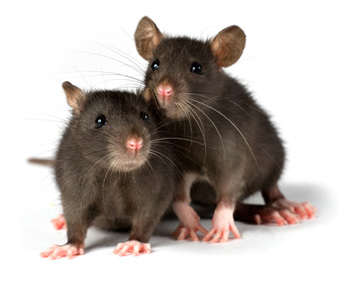So I said I would write another blog post about it, asking the
real question. But is the real question: “why do women feel they should dress
sexy for science?” or is the real question: “why is it so much harder for women
to choose the proper outfit?” I guess the answer to the latter question really answers both.
Let me start with telling you about my own experiences:
My mom has a PhD in chemistry. When she was an undergrad, she was
one of two women in her entire chemistry class. She made a point by showing up
in miniskirts and cute dresses to show that she was a woman. She even wore a lab coat with short sleeves,
because she felt that that looked more feminine. That vanity has cost her the
skin on one of her arms, because one day her distillation setup caught on fire
and she had third degree burns on one of her arms. You can see exactly where
the sleeve of her lab coat started on her upper arm. I was brought up with the
price you can pay for looking feminine. And even thought my mom told me about
how she wore miniskirts to her lab classes during undergrad, she told me
multiple times how it was important to dress professionally, and to not have
people think that you got somewhere because of your looks, but because of your
brains.
When I was taking my high school exams, we had a couple of oral
exams and it was custom at our school to show up in suit. All the girls in my
class wore skirts, but I choose to wear a suit with pants, because I didn’t
want to be different from the guys. I did however wear high heels under my
pants.
Fast forward to now: I like to dress feminine most of the time; I
wear dresses and skirts, and wear a bit of make-up every day. I like to
innocently flirt with people to make the day a little happier. But I also like
to be able to just wear jeans and sneakers to the lab. Since I already dress
pretty professionally I don’t have to think too much about what to wear to a
conference. But I do realize how unfair it is. How as a woman, it is almost
normal to be catcalled.
Especially back home that happened on more than a daily basis (I guess Americans
are more polite maybe?). And it’s unfair that for example Angela Merkel and
Hillary Clinton are judged about what they wear way more than their male
counterparts.
So why is this?
Yes, I guess this is why. And I admit that I’m not helping
by calling other women sluts. Or that the EU is helping by making the “
science it’s a girl thing” video. Will this unfairness change now that more than 50% of
neuroscience graduate students are female? Or do we need more than that?
